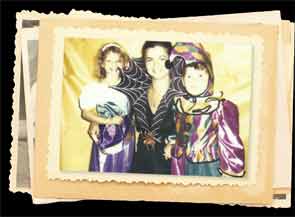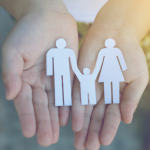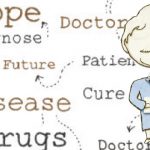Aside from learning the importance of having an empathetic bedside manner, including the entire family system in treatment and mastering the developmental knowledge necessary for treating pediatric patients, one of the most important lessons I’ve learned through both my own experience seeing rheumatologists and my research experience is the importance of treating the whole person. I’ve been fortunate enough to have received fantastic medications that have helped me manage my pain. However, there are aspects of my disease that rheumatologists are not able to help me through.

Being Young with an “Old Person’s Disease”
Arthritis is typically associated with older people, as a disease someone’s grandmother or grandfather develops after years of wear-and-tear on their joints. As a pediatric patient, my arthritis has had an impact on my life in many more ways than just pain. I, like many other people suffering from arthritis, am unable to participate in many of the activities I used to be able to do before my disease spread to almost all of my joints. I used to play soccer with my friends and competitively dance, but my disease became incredibly limiting as more joints were affected. This experience was particularly difficult to endure as a child. I didn’t understand why I wasn’t able to do everything that my friends could, and my friends didn’t either. It wasn’t like a broken bone that could be casted and had a set healing time. Kids understand a broken bone. They see the cast, can ask how the injury happened and watch their friend heal. They even go through the supportive process of signing the cast.

With JRA, I wasn’t casted and I wasn’t going to heal. It was a hard disease to explain to my peers, and when I tried, they didn’t understand. I felt embarrassed and frustrated. Medications were also tough to endure. Although medications made my joints hurt less, side effects were often not worth it. I took prednisone for a few months during the sixth grade. I distinctly remember how mortifying it was to gain 10 to 15 pounds a month and not be able to do a thing about it. My body was already undergoing so many changes, and being overweight was not accepted by my peers. I remember taking naproxen when I was much younger and having severe nose bleeds. On top of feeling embarrassed about staining my clothes, it was awful to have kids in my class tease me and say I was having nose bleeds because I had picked my nose. No one believed that the medication made me anemic and that’s why I would have periodic nose bleeds.

